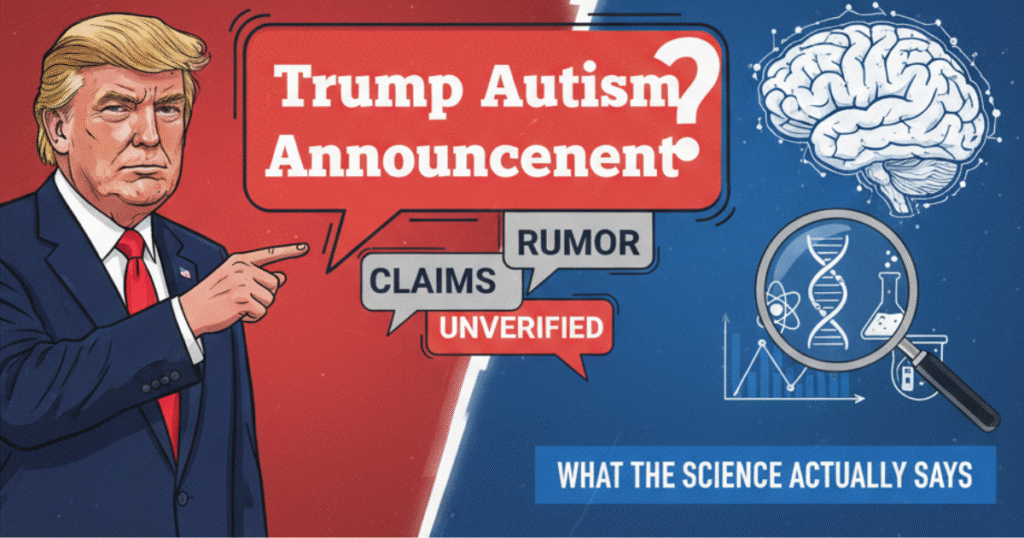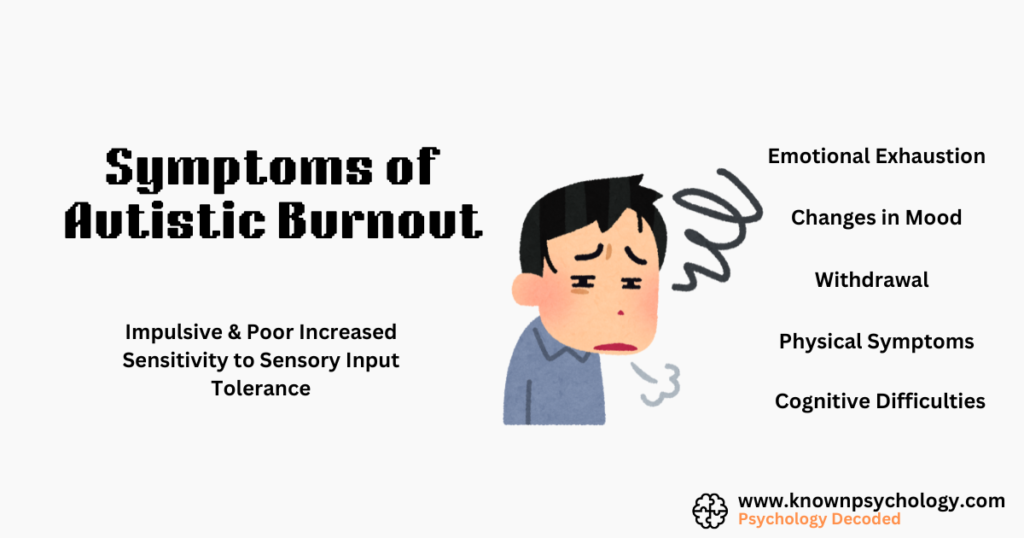
On Sept. 22, headlines reported that President Trump planned a high-profile Trump autism announcement linking prenatal use of acetaminophen (Tylenol) to autism and promoting leucovorin (folinic acid) as a potential treatment. The story attracted immediate attention and pushback from medical experts and the drug maker. Below, I compare the main claims tied to the announcement with what peer-reviewed research and public-health authorities say. Politico
Key Takeaways
- The “Trump autism announcement” raised concerns about Tylenol use in pregnancy and suggested leucovorin as a treatment for autism.
- Scientific consensus does not support the claim that acetaminophen in pregnancy causes autism; studies are mixed and confounded.
- Leucovorin (folinic acid) has shown promise in small trials for certain children with folate-related biomarkers, but it is not a universal treatment.
- Rising autism diagnoses are largely explained by broader screening, awareness, and diagnostic changes, not by one single cause.
- Medical experts advise caution: don’t change medications or start treatments based only on political statements; always consult a qualified healthcare provider.
Claim 1 — “Acetaminophen (Tylenol) during pregnancy causes autism”
What Trump’s announcement (and allied reporting) suggested: that prenatal acetaminophen exposure increases risk of autism, and that pregnant women should avoid it except for high fevers.
What the scientific evidence shows:
- Many observational studies over the past decade have reported associations between maternal acetaminophen use and modestly higher rates of neurodevelopmental outcomes (including autism and ADHD). Systematic reviews note these associations but also highlight limitations: confounding by indication (the conditions that prompt acetaminophen use, like infection or fever, may themselves affect neurodevelopment), measurement error, and inconsistent results across study designs. PMC
- Stronger study designs that try to control for familial confounding (for example, sibling-comparison analyses) have found no clear link between maternal acetaminophen and autism once those confounders are accounted for. One large JAMA analysis using sibling controls concluded acetaminophen use during pregnancy was not associated with increased autism risk in that design. This weakens a simple “causes autism” interpretation. JAMA Network
Bottom line: current evidence is mixed. Observational signals exist, but causal proof is lacking. Public-health bodies and many experts urge caution in interpretation and recommend pregnant women not to stop or change medications without talking to their clinician, because untreated fever or pain can also be harmful in pregnancy. CDC
Claim 2 — “Leucovorin (folinic acid) is an effective treatment for autism”
What the announcement promoted: leucovorin (a form of folate) as a promising therapy for autism and a possible route to improve language/communication. Politico
What the scientific evidence shows:
- There is an established biological rationale for folinic acid in a subset of children with autism who have abnormalities related to folate metabolism or folate receptor autoantibodies. Small randomized controlled trials (and follow-ups) have reported improvements in language and some behaviors for some participants. The seminal randomized, double-blind, placebo-controlled folinic acid trial reported improvements in verbal communication in some children with ASD. Nature
- However, these trials are limited in size, often target children with specific biomarkers (so the drug is not a universal autism treatment), and long-term safety and broad applicability remain under study. Larger, confirmatory trials and clear clinical-practice guidelines are still needed. PubMed
Bottom line: leucovorin shows promise for some children (especially those with certain folate-related biomarkers), but it is not a proven, one-size-fits-all cure for autism and should not be presented as such without clear clinical guidance. Nature
Claim 3 — “Autism rates are rising because of these environmental exposures”
Context from the announcement: the framing implied environmental causes (like acetaminophen) are responsible for rising autism prevalence. Politico
What the evidence and major public-health agencies say:
- Autism is complex and multifactorial: genetics are a major component, but environmental, biological, and social factors also contribute. The CDC and major reviews emphasize that changes in diagnostic criteria, screening, awareness, and access to services explain a large part of increases in identified prevalence. That doesn’t rule out some environmental contributors, but it cautions against single-factor explanations. CDC
Bottom line: the rise in diagnoses is real, but attributing it primarily to a single environmental factor (like acetaminophen) overstates what current evidence supports. CDC
What experts, journals and drug makers are saying now
- News outlets and health reporters flagged strong pushback: medical experts caution that the evidence doesn’t support a firm causal link, and Kenvue (maker of Tylenol) has disputed the connection. Reuters
- Scientific reviews recommend more rigorous research (including large longitudinal cohorts with careful confounding control and randomized trials where ethical/feasible) before changing public-health guidance about a widely used medication in pregnancy. BioMed Central
Practical advice (for pregnant people and caregivers)
- Don’t make abrupt medication decisions based on a single announcement in the media. Discuss pain/fever treatment with your OB/GYN or primary clinician. Fever itself can be harmful in pregnancy under some circumstances. CDC
- If you’re concerned about acetaminophen or any exposure, ask your clinician about the risks and alternatives and whether additional monitoring is appropriate. JAMA Network
- If considering experimental treatments (like leucovorin) for a child with autism, consult a pediatric neurologist or developmental pediatrician and, where possible, rely on biomarker testing that might predict response; participate in clinical trials if offered. Nature
Final assessment
- The “Trump autism announcement” amplified an unsettled scientific debate: acetaminophen-pregnancy links are observational and contested, and leucovorin is an experimental but promising therapy for a subset of children. Neither supports sweeping clinical or public-health reversals at this time. BioMed Central
FAQs
Q1. Did Trump say Tylenol causes autism?
Trump’s remarks suggested that acetaminophen use during pregnancy may raise autism risk. Scientists caution there is no proven causal link and evidence remains inconclusive.
Q2. Should pregnant women stop taking Tylenol?
No. Doctors advise against making changes without medical guidance. Untreated pain or fever in pregnancy can be harmful. Decisions should always be made with a healthcare provider.
Q3. Is leucovorin a cure for autism?
No. Some small studies suggest leucovorin may help children with autism who have specific folate-related issues, but it is not a one-size-fits-all treatment. Larger trials are needed.
Q4. Why are autism rates rising?
Much of the increase is due to changes in diagnostic criteria, better awareness, and expanded services. Genetics and environment both play roles, but no single factor explains the trend.
Q5. Where should families look for reliable autism information?
Trusted sources include the CDC, NIH, peer-reviewed journals, and licensed healthcare providers. Advocacy groups like Autism Speaks and Autism Society also provide vetted resources.
Mariam holds an MS in Sociology with a specialization in Medical Sociology and Social Psychology. With a strong academic background and extensive research work in both fields, she brings depth and clarity to complex topics. Her writing explores the intersection of society, health, and the human mind, making academic ideas easy to grasp and relevant to everyday life.


